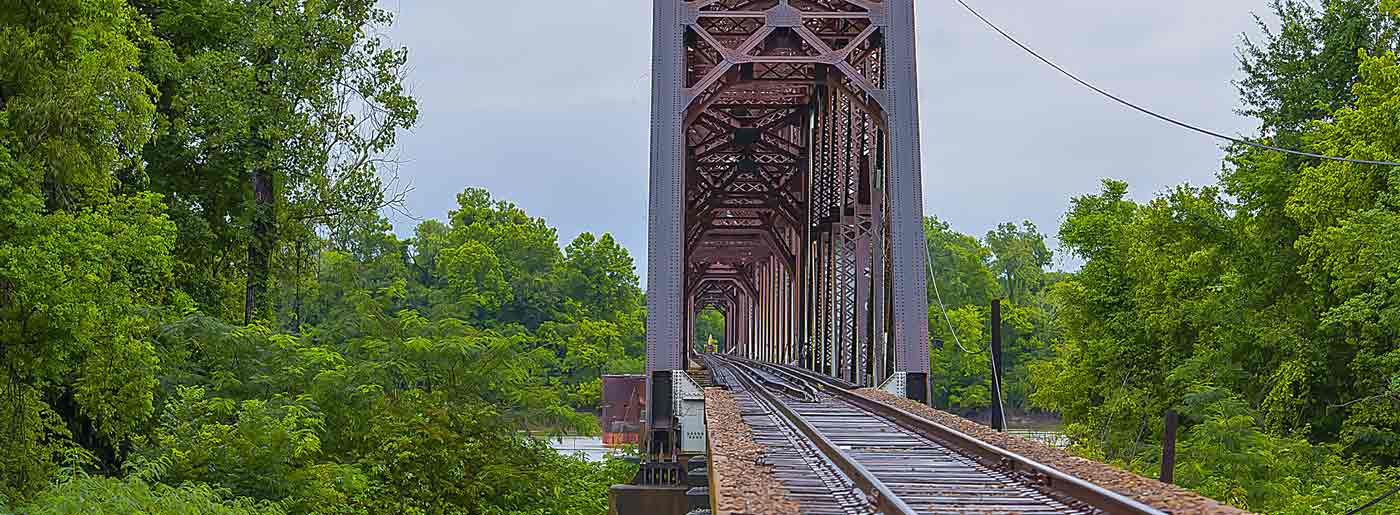Moving Forward

Waste District Introduces Major Expansion of Biofuel Capacity
The St. Landry Parish Solid Waste District has opened expanded facilities to fuel vehicles with compressed natural gas at the parish landfill in Beggs. A spokesman for developers of the biogas system used here said the program and its expansion represent “a tremendous success story” for St. Landry Parish.
It is a further step in a project begun in 2012 to capture methane gas that leaks from landfills and put it to practical use. Since then, the district has used the gas to fuel its own vehicles and a substantial part of the sheriff’s department fleet, but this new enlargement comes after Progressive Waste, the principal waste collector in the parish, agreed to purchase the gas to fuel part of its fleet.
Progressive has purchased ten new collection trucks powered by the biogas generated at the landfill and will use them in St. Landry Parish. This completes a circle in which sanitation trucks bring waste to the landfill, where the decaying garbage produces methane gas. That gas is captured and used to fuel the sanitation trucks, and the cycle continues.
“’The gas system has been perfect,” Bruce Emley, Progressive area manager, said at the unveiling of the expanded facility at the St. Landry landfill near Washington. Progressive trucks will also be able to tank up at a satellite facility at the Opelousas recycling center
“The fact that the hauler that delivers waste to the parish landfill will fuel its trucks with the biogas generated from the landfill is a true example of the power of renewable energy.”
Katry Martin, Executive Director of St. Landry Solid Waste
“[The project] was a lot of work, but today makes it worthwhile,” Solid Waste Commission chairman Jerry Domengeaux said at the facility opening. “It’s been a wonderful adventure and there are greater things to come.”
“The fact that the hauler that delivers waste to the parish landfill will fuel its trucks with the biogas generated from the landfill is a true example of the power of renewable energy,” Katry Martin, executive director of the waste district, said when the project was first announced.
Steve Wittmann, a representative of BioCNG, the developer of the biogas conditioning system used by St. Landry Parish to make the gas useable, said this is one of the only places in the country that has the capability offered at the Opelousas recycling center.
“This is one of the only facilities where, with a tube trailer, we can compress the gas at the landfill and haul it to the recycling center for the [Progressive] trucks to use,” Wittmann said. “It’s a unique way to get more use of the biogas out into the community and other vehicles.
He said BioCNG has seven other facilities like this in the country, and that the St. Landry Parish project “is the most successful by far in fuel sales operations and expansion of any of those projects.”
Wittmann credited that success to Martin’s foresight and the commission’s “willingness to take a chance and see what could happen.
“It’s a tremendous success story for the parish and for us,” he said.
Martin said the recently completed project cost $2.7 million dollars, which will be recouped over the next decade through fuel sales. The commission expects to dispense about 175,000 gallons per year,
The next phase of the project is construction of a facility, probably on U.S. 190, to make the biofuel available to the general public. If plans proceed as expected, that could happen as early as this summer. It would be the first fuel station of its kind in the nation.
(Photo courtesy of Opelousas Daily World)
Washington, LA 70589

